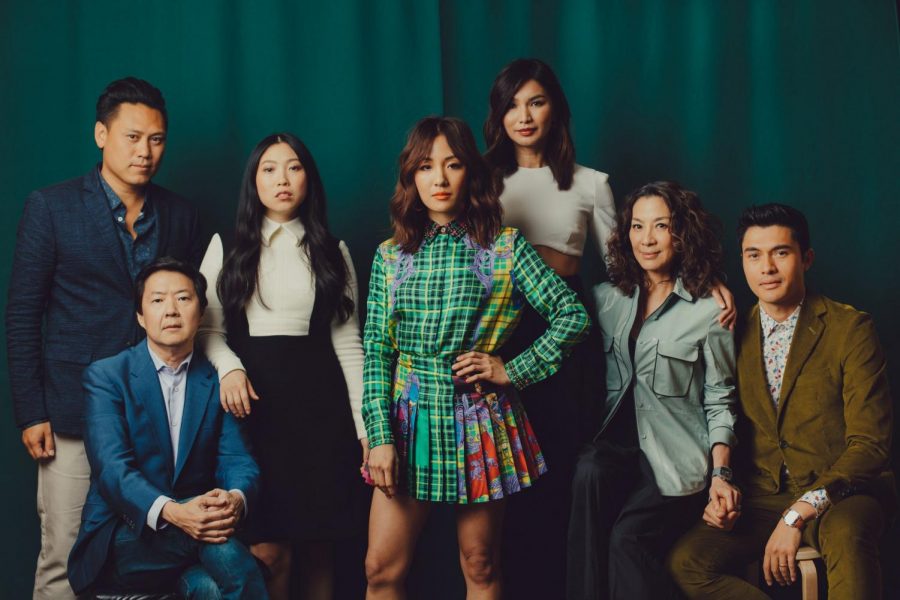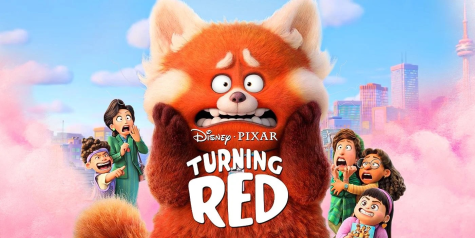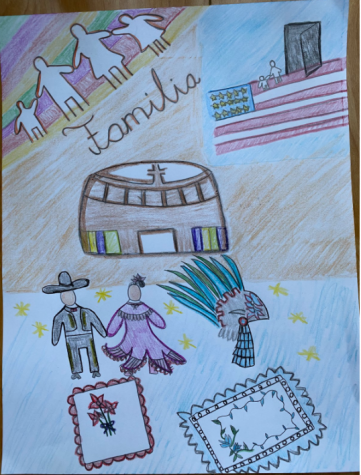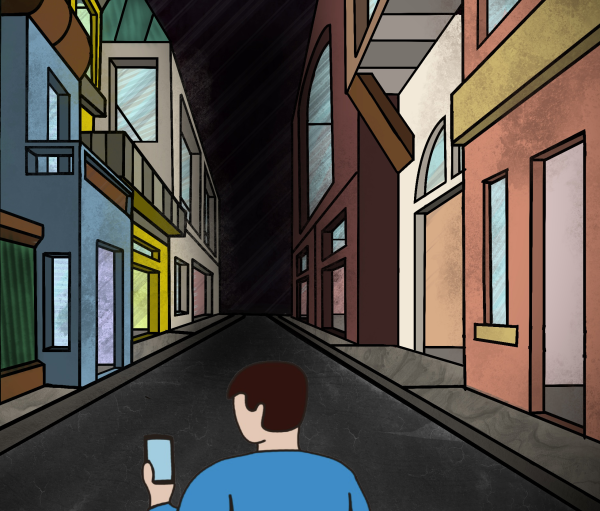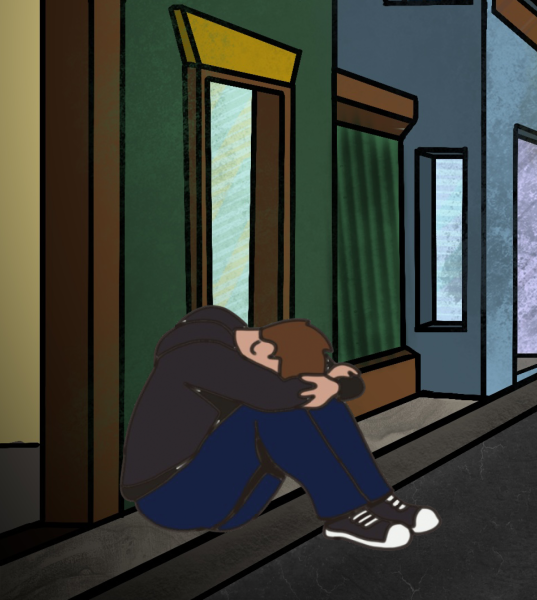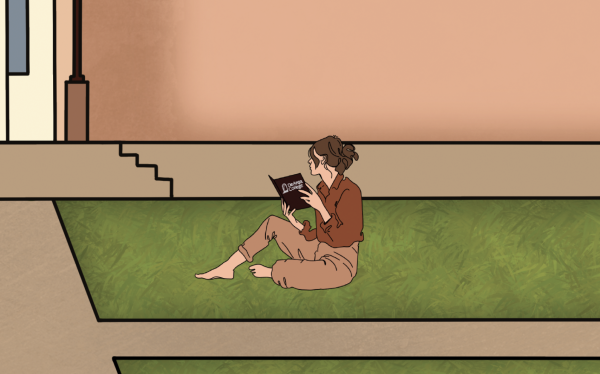AAPI Month: How media shapes Asian stereotypes
Asian Americans report less discrimination in employment, housing and criminal justice compared to other racial minorities in the United States. Yet they still face the unique stereotype that the media has shaped for them, including the false belief that all Asian Americans are successful and well adapted in American culture. Ultimately, the media has a huge impact on the way certain groups or individuals are viewed.
Racial prejudice toward Asians is as true today as it was in the past. For example, Asian Americans are highly praised for being the “model minority.” The model minority stereotype placed on Asian Americans implies that each individual will be smart (naturally good at math, science and technology), wealthy, hardworking, obedient and uncomplaining; as well as spiritually enlightened. Asian Americans may feel pressured to meet these cultural expectations. It is important to remember that no one lives up to a stereotype 100 percent of the time and that Asian Americans are a diverse group of individuals with diverse and countless different experiences.
In television, Asian American women have long been stereotyped as exotic, sexual and submissive characters. As we mourn the lives of the individuals killed on Mar. 16, 2021, in Georgia, Atlanta, it is vital to shed light on what the murderer had to say. The suspect, a white man, reportedly told investigators that he had a sexual addiction and viewed their massage parlors as a “temptation” that he “wanted to eliminate,” according to Today.
In a recent Public Seminar, “ Six of his victims were East Asian American women who fit into a sad pattern of sexually objectifying women of Asian descent and stereotyping them as meek.” said Nadia Kim.
This racial fetishization of Asian women has long been established in modern culture.
Asian American women are viewed as quiet and submissive while Asian American men are emasculated. Asian American men are often labeled as nerdy, geeky, unattractive, passive and weak. Asian American men’s true role in society is rarely shown on screen. When they do appear, they are rarely portrayed as a desirable man. On-screen, romantic relationships involving Asian Americans are usually accompanied by a white American significant other.
Asian Americans have been degraded and neglected in popular media, and have been unable to leave a trace in American pop culture. Notable progress has been made, but there is still more to do when it comes to true representation of Asian characters on-screen and behind the scenes. What we view on a screen reaches far beyond entertainment. Diversity in film and TV also impacts mental health, identity and race relations. Content creators and companies must change how Asians are portrayed in the media, as they have the opportunity and a duty to educate properly.
Whether it is growing accustomed to negative portrayals of themselves in the media or stomaching microaggressions from friends and strangers, alike Asian Americans know these issues are hardly new. A change needs to be made and it starts with being educated!


